NETWORK & MEMBERS
Network & Members > Contact Us
Land Rights in Bangladesh: Advocacy by Leading Organizations
Land rights in Bangladesh remain a deeply rooted issue tied to poverty, social inequality, and justice. Across the country, several grassroots organizations are working tirelessly to promote fair land distribution, defend the rights of indigenous peoples, and ensure access to land for the rural poor. This article highlights six members organizations advancing the land rights movement in Bangladesh.
Association for Land Reform and Development (ALRD)
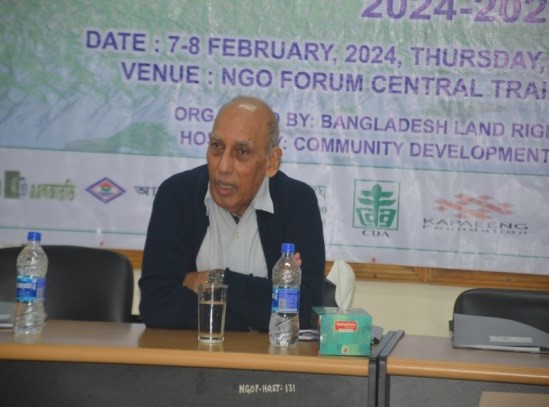
The Association for Land Reform and Development (ALRD) was established in January 1991 as an independent, rights-based national policy advocacy and networking organization. It emerged from the NGO Coordination Council for Land Reform Program (NCCLRP), initially formed in 1987 by NGOs like Oxfam GB, Nijera Kori, BRAC, and others.
ALRD plays a vital role in shaping national policy discussions on land rights in Bangladesh, focusing especially on marginalized rural communities. ALRD’s mission focuses on promoting land rights and agrarian reform, especially through supporting the government’s khas land distribution program. It mobilizes grassroots communities, civil society, and NGOs to assert rights over land and natural resources for the landless poor and indigenous peoples.
Geographical Coverage:
Based in Dhaka, ALRD operates across Bangladesh with a particular focus on marginalized rural areas including-
- Charlands of Padma, Meghna and Jamuna river basins.
-
Indigenous Peoples’ concentrated regions such as the Chittagong Hill Tracts (CHTs), the northern districts (Rangpur and Rajshahi division), Modhupur in Tangail, Mymensing, Sylhet regions, Kalapara in Patuakhali, Taltoli in Barguna and Shyamnagar in Satkhira district.
-
Ecologically vulnerable regions such as the Haor wetlands in North Eastern districts, Chalan beel wetlands in Rajshahi division and climate vulnerable coastal and Barind regions.
Thematic Priorities:
- Land and agrarian reform
- Indigenous People’s rights protection
- Protection of land rights of minorities.
- Women’s land rights
- Water Rights and wetlands conservation
- Access to forest resources and environmental justice
Interventions:
- Land Governance
- Customary land tenure
- Land Climate Change and Environment
- Land and Family Firming
- Char and Khas Land
- Forest Land
- Land and SDGs
- Land and Gender
- Minority Land Rights
- Urban Land tenure
- Land and Investment
- Water Right
- Land Matrix/Transparent accessible Land Information
Association for Realization of Basic Needs (ARBAN)
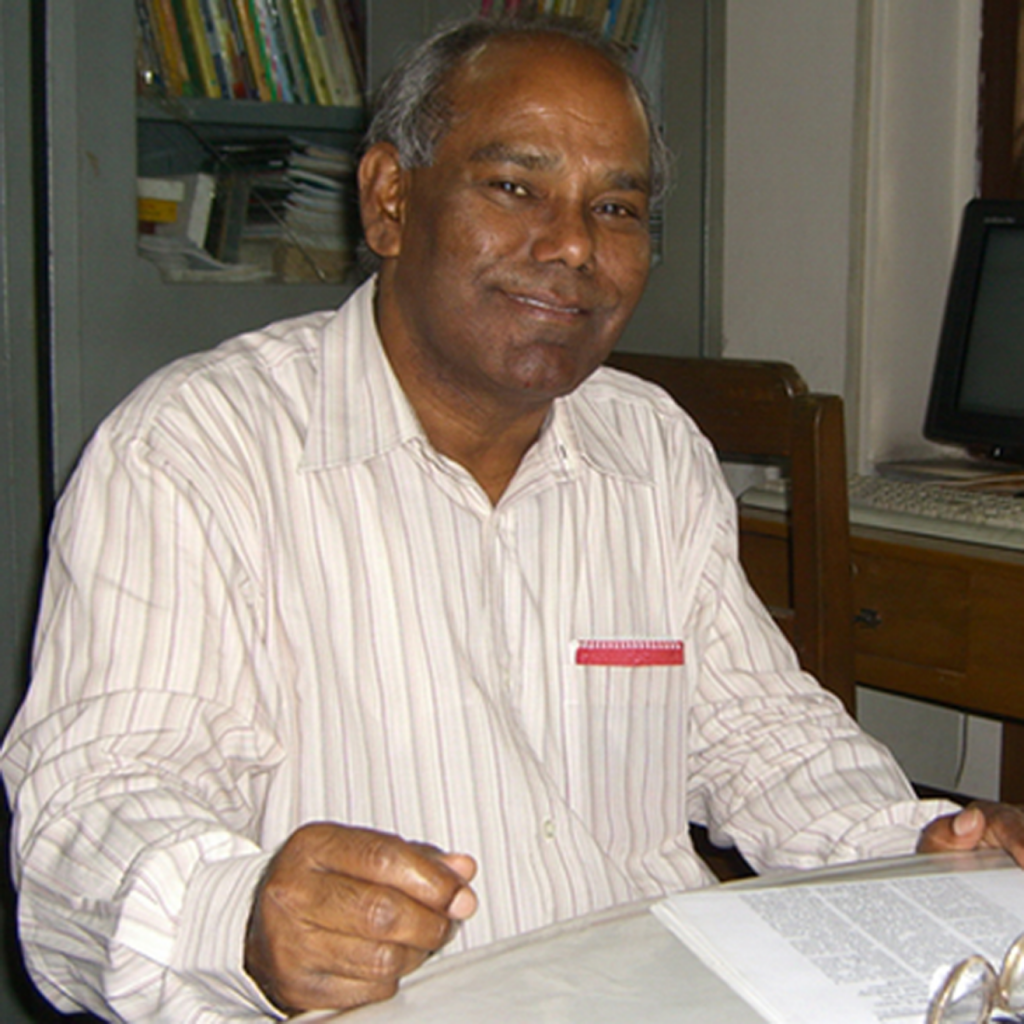
ARBAN, founded in 1984, focuses on the fundamental rights and basic needs of people living in chronic poverty. It believes that all development initiatives—whether by the government, NGOs, or international bodies—must center around eradicating famine, malnutrition, disease, and exploitation. ARBAN works with vulnerable communities to ensure that policies and programs are grounded in human dignity and social equity.
Geographical Coverage:
- Districts (Dhaka, Narayanganj, Gazipur, Cox’s bazar, Patuakhali, Pabna)
Thematic Priorities:
- Resilience and Adaptation
- Climate Justice and Equity
- Policy and Governance
- Education and Awareness
Interventions
- Building alternative people’s organizations and community leadership.
- Mobilizing savings and extension of credit for employment and income generating EIG activities.
- Non-formal education and training for human resource development.
- Primary health care, water, sanitation, hygiene, ecology, and environmental promotion.
- Preservation, Promotion, and protection of human rights.
- Disaster preparedness and management.
Badabon Sangho (BS)
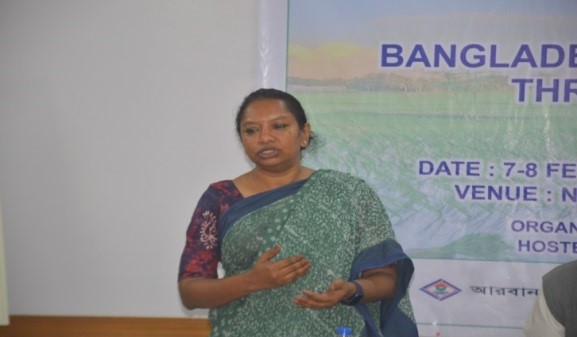
Founded in 2016 in southern Bangladesh, Badabon Sangho is a women-led organization advocating for women’s land rights and environmental justice. Its formation was rooted in community resistance to development projects like the Rampal Thermal Power Plant, which displaced many. Badabon Sangho’s feminist approach highlights the gendered aspect of land rights in Bangladesh, especially among Dalit and fisherwomen communities.
Badabon’s members include Dalit women, fisherfolk, widows, migrants, and other marginalized groups. The organization uses a feminist approach to challenge land-based violence and ecological destruction.
Geographical Coverage:
- Bagerhat & Khulna Districts
- Dhaka (Urban & Semi-urban)
- Naogaon District
Thematic Priorities:
- Women’s rights to land, water bodies, and natural resources
- Women farmers’ rights
- Women fisherfolk’s rights
- Mangrove & marine protection in Sundarbans
- Climate justice
- Combat violence against women and girls
- Girls’ empowerment
- Women migrant workers’ rights 9. Harijan women and girls programme in the colony
- Indigenous women’s agriculture programme
- Handicrafts production
Interventions:
- Women Group & Feminist Leadership Development
- Land, Agriculture and Water-bodies Rights
- Indigenous & Dalit Women’s Rights
- Women Migrant Workers’ Rights
- Women’s Action for Climate Justice
- Combat Violence against women/girls
Kapaeeng Foundation (KF)
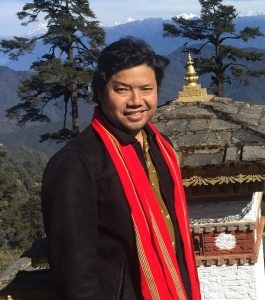
Derived from the Khumi word meaning “Rights,” the Kapaeeng Foundation was established in 2004 to defend the human rights of indigenous peoples in Bangladesh. The foundation is registered under the Societies Registration Act and serves as a powerful voice for ethnic minorities and indigenous rights.
It monitors human rights violations and facilitates access to justice for indigenous communities in the Chittagong Hill Tracts and beyond. Indigenous struggles for land rights in Bangladesh have been central to Kapaeeng Foundation’s mission since its founding.
Geographical Coverage:
KF covers Rangamati, Khagrachari, Bandarban in CHT and Tangail, Moulvibazar, Sylhet, Habiganj, Sunamganj, Sathkhira, Chittagong, Cox’s Bazar, Commilla, Dinajpur, Rajshahi, Naogaon, Gaibandha, Sirajganj, Rangpur, Patuakhali, Gazipur, Sherpur and Mymensingh in Plain Land areas of the country where the indigenous peoples live mostly.
Thematic Priorities:
- Human Rights
- Land Rights
- IP rights
- Biodiversity & Climate change
- Indigenous Women & Youth Rights
- Indigenous Knowledge/ culture
Interventions:
-
- Capacity Building
- Human Rights
- Legal Aid and Support
- Lobby, Campaign and Advocacy
- Fact-Finding and Media Advocacy
- Liaison and Networking
- Research and Publication
- Documentation and Information Sharing
Nagorik Uddyog (NU)
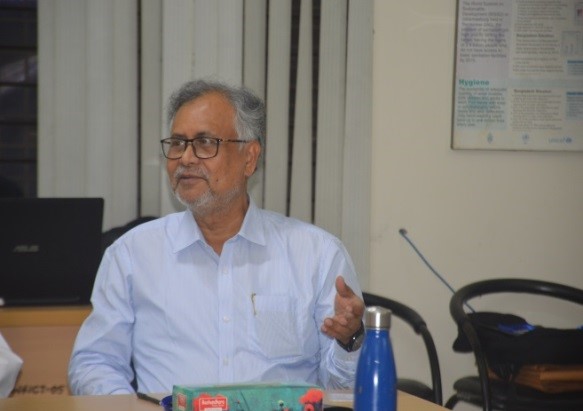
The name “Nagorik Uddyog” (The Citizen’s Initiative) epitomizes the organization’s fundamental goal as well as the strategies and activities it utilizes to achieve this goal. Nagorik Uddyog promotes people’s participation and access to democracy, rights, justice & development. Since its establishment 1995, Nagorik Uddyog (NU) has worked to strengthen local government in Bangladesh via the dual imperatives of, on the one hand, raising awareness among the general masses of people’s basic human rights and, on the other, building people’s capacity to pursue and realize these rights. NU recognizes that democratic elections are by themselves insufficient in fulfilling democracy. The poor, marginalized and disadvantaged must be given the power to participate in and contribute to all those decision-making processes that affect their lives. Accordingly, NU strives to provide an enabling condition for the people to set up institutions and mobilize themselves. NU holds special interest in democratizing the historically gender-imbalanced “Shalish”, Bangladesh’s traditional rural dispute-resolution system. A fair and equitable Shalish entails unprecedented access to justice for rural women – the ‘poorest of the poor’ in this country – and in turn a new and exciting horizon in Bangladesh’s development journey.
Geographical Coverage:
- 6 Division (Dhaka, Khulna, Rangpur, Maymenshing, Sylhet, Barishal)
- 16 Districts (Dhaka, Khulna, Rangpur, Maymenshing, Sylhet, Barishal, Jessore, Satkhira, Lalmonirhat, Kurigram, Moulovibazar, Bhola, Narayanganj, Pirojpur,)
Thematic Priorities:
- Access to Justice, Human Rights, and Good Governance
- Empowerment of Socially Excluded Communities
- Gender Justice
- Child and Labor Rights
- Environment and Climate Justice
- Policy Advocacy and Networking
Interventions:
- Human rights education, community mediation and legal aid support;
- Women’s empowerment through building women’s leadership capacity;
- Strengthening local governance;
- Rights of Dalits, socially excluded and ethnic minorities;
- Child Rights;
- Labor Rights;
- Access to information by using right to information act;
- Human rights and civic awareness for youth;
- Community theater and folk cultural activities for promoting legal and human rights awareness;
- National and international advocacy, networking and campaigning to promote human rights;
- Disaster response, environment & climate change;
- Research and Publications.
Community Development Association (CDA)
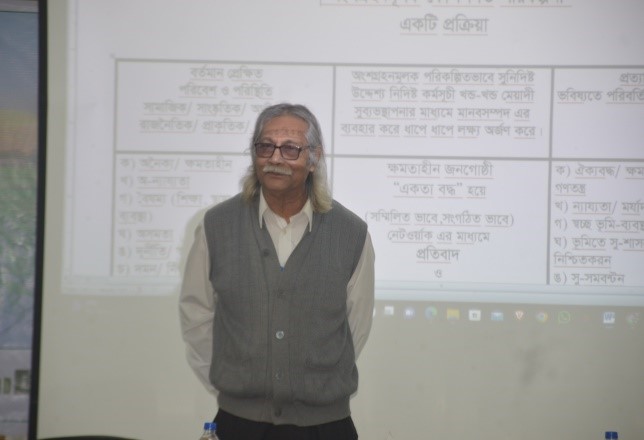
Established in 1986 in northwestern Bangladesh, the Community Development Association (CDA) aims to build an equitable agrarian society. CDA fights landlordism, inequality, and fundamentalism by advocating for people-centered, rights-based development.
Its transformation from a charity-based initiative to a human rights-focused organization reflects its commitment to social justice, empowerment, and the redistribution of land and natural resources.
Geographical Coverage:
Rangpur Division (Districts- Dinajpur, Thakurgaon).
Thematic Priorities:
- Institution Building
- Land Rights
- Social Inclusion and Human Rights
- Environmental Sustainability and Climate Resilience
- Gender Equality and Women’s Empowerment
- Economic Empowerment and Livelihoods
- Advocacy and Policy Influence
- Health and Nutrition
- Education and Skill Development
- Technology, Innovation and Research
Interventions:
- Empowering Communities through Secure Land Rights
- Social Inclusion and Human Rights
- Advocacy and Policy Influence
- Environmental Sustainability and Climate Resilience
- Gender Equality and Women’s Empowerment
- Economic Empowerment and Livelihoods
- Health and Nutrition
- Education and skilled Development
- Technology, Innovation and Research
